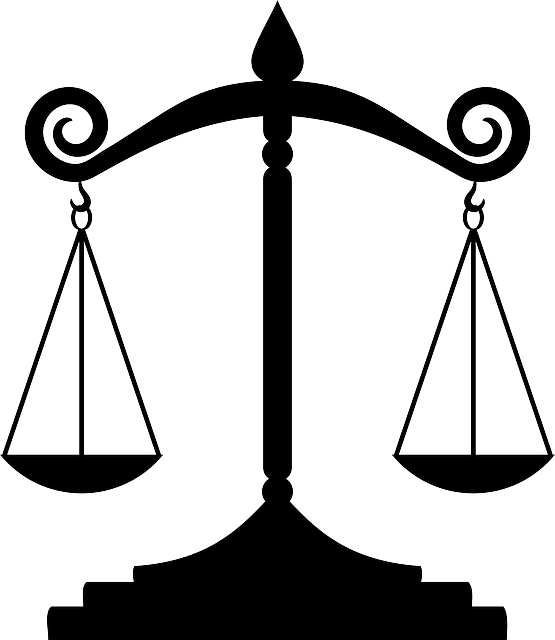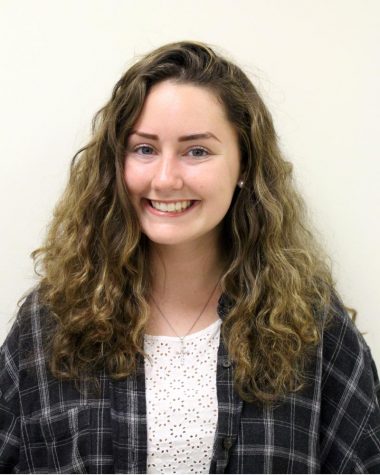The Ronald H. Brown Center for Civil Rights at St. John’s recently received a $125,000 grant from the Access Group Center for Research and Policy Analysis to strengthen its pipeline program.
It will be used to strengthen its current Ronald H. Brown Law School Prep Program for College Students. Much of the money will also be allocated toward a new program — Prep Program Foundations.
According to Elaine Chiu, the director of the Ron Brown Center, the program will be for students entering their sophomore year of college who may be curious about the legal field.
Students will work on their critical reading and writing skills.
“The idea is to help them work on their skills in a three-week period where they’re just mono-tasking on that,” Chiu said.
Following this, the students will then do a five-week internship with a judge, where they’ll be able to put their skills to work. She said that part of the idea behind the internship is to give students exposure to the legal field earlier.
“New York State courts are fascinating places where so many different types of problems and disputes come into the court system – it’s rarely a boring day there,” Chiu added.
Applying for the grant, Chiu said, was a competitive process.
“You had to dig, come up with a well thought out idea for using the money-just for one year-report to them twice, lay out different ways we should be measured, how would we know if we succeeded in what we said we would do,” she said.
Chiu added that she believes their success with the pipeline program helped them, and said that she’s grateful for the grant, as she’s been wanting to do more new and expansive things.
The new program, Chiu said, will be aimed at students who have been “disserved by their overcrowded, underfunded” high schools and middle schools, which goes back to the core of much of the Ron Brown Center’s work.
Created in 1999, the Ron Brown Center focus on four major objectives:
- Engage in legal studies
- Research issues that affect the lives of disadvantaged and underrepresented people and provide outreach programs to such groups
- Increase the racial and socioeconomic diversity of the legal profession
- Educate law students to be leaders on issues of racial, economic and social justice
Chiu said that with the assistance of law students, the center focuses on diversifying the legal profession, through initiatives such as its “Journal of Civil Rights and Economic Development.”
Another way in which the center accomplishes its mission is through its pipeline program — one of the best in the nation. Chiu said they recently finished up their 11th summer.
According to the center’s website, “To help raise the number of diverse, disadvantaged students in law schools, the Ron Brown Prep Program identifies these students in their college years and offers them early exposure to the study and practice of law.”
During the prep program, students from all over spend two summers at SJU working with academic classes, mentoring, internships, free custom intensive LSAT courses, counseling, luncheons, panels and more. The idea, Chiu said, is to help these students get into law school.
“The [thought] is that a lot of these college students, they have talent, they have the intelligence, and passion for the law—they don’t have the tools,” she said.
The law school community, as well as the undergraduate community, is deeply involved with the program.
According to Chiu, about 12 to 15 faculty members from the law school, and one or two from the University, work with the prep program.
SJU Law’s Dean, Michael Simons, teaches a course in criminal law, Chiu said.
“We run the courses pretty similarly to how we would run a law school course,” she said.
Teaching Assistants (TA’s) who are law students also work with the program. Chiu said that during the three-week program, students get a real feel for what three years of law school is like; right down to the socratic teaching method.
While students from various schools around the country participate in the program, Chiu said that she hopes to see more students from SJU apply for the program.
The application comes out in December she said, and while there is a fee, most students do receive financial assistance.
Participants tell her they feel as if they’ve “climbed a mountain” by the end of the program.
Students, she said, describe it as the “hardest three weeks they’ve ever worked in their life.”
“[It] affirms that they belong in law school,” Chiu said.










